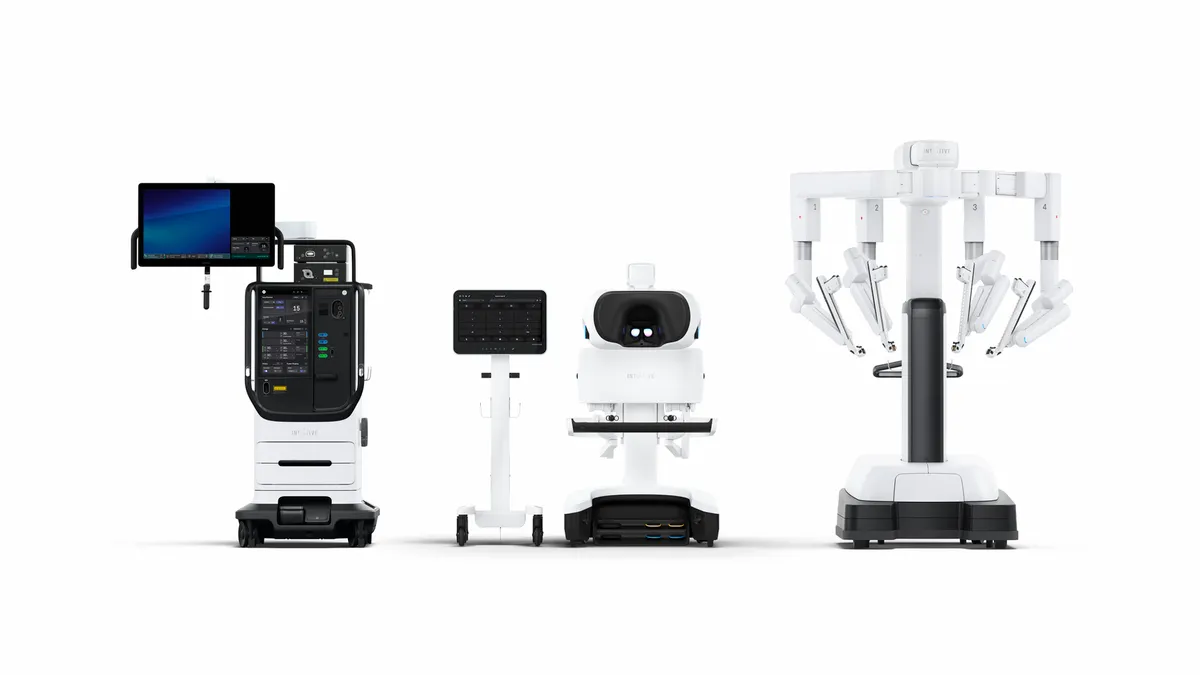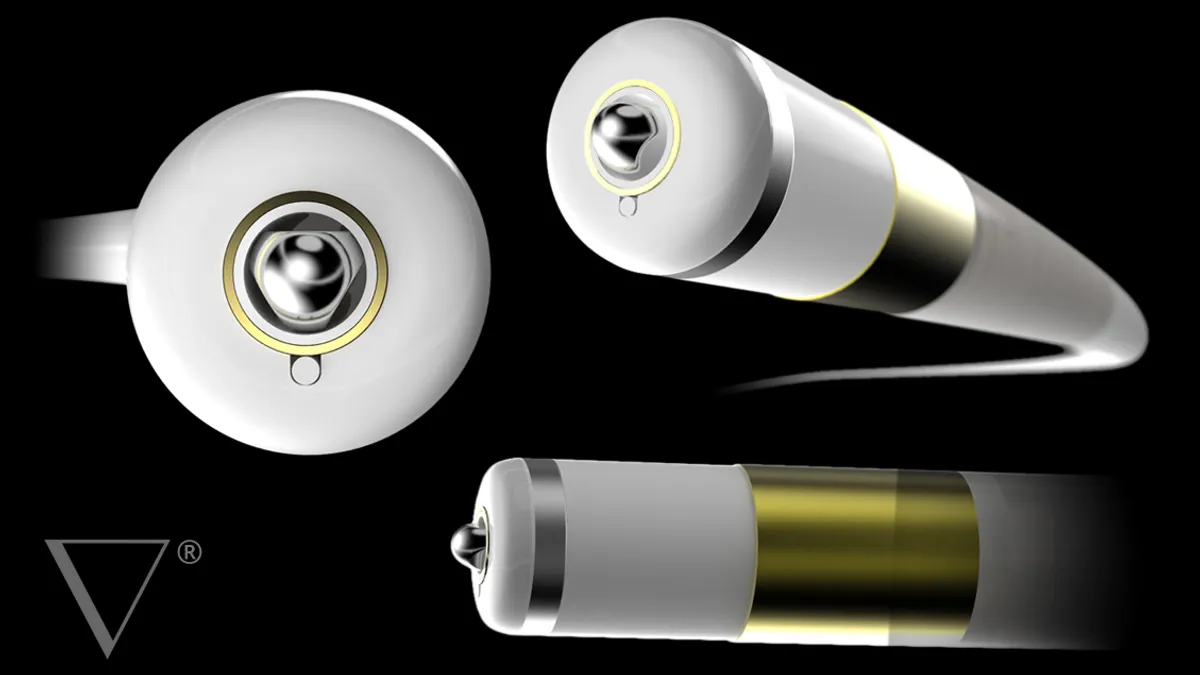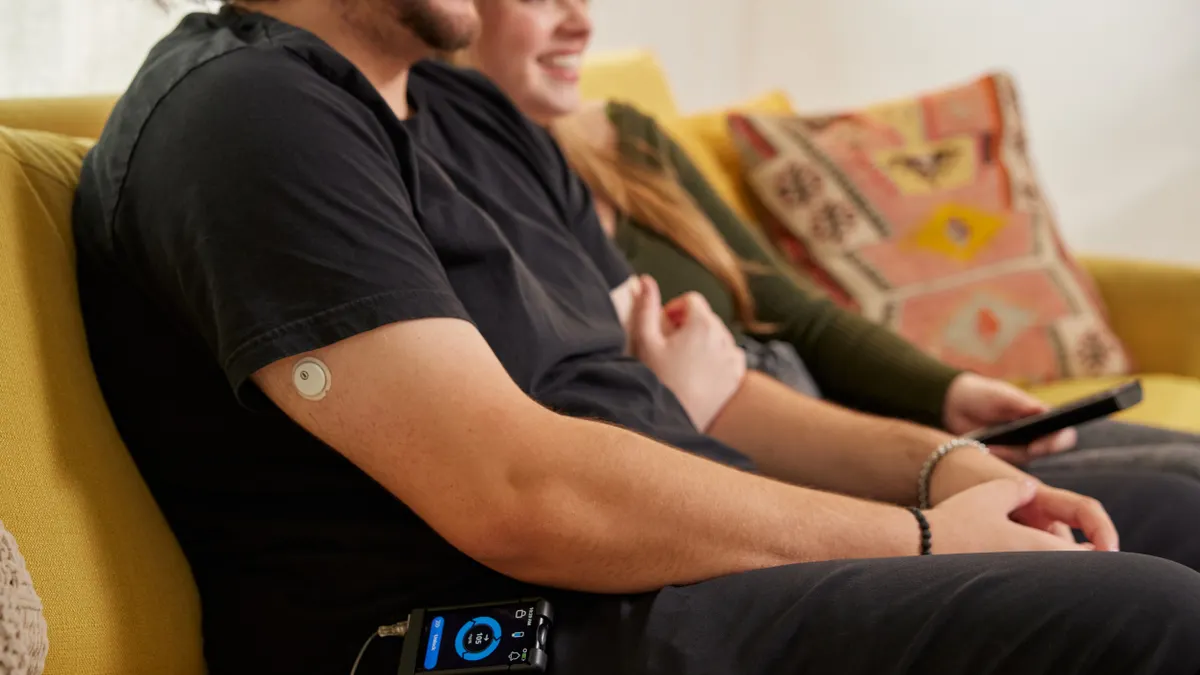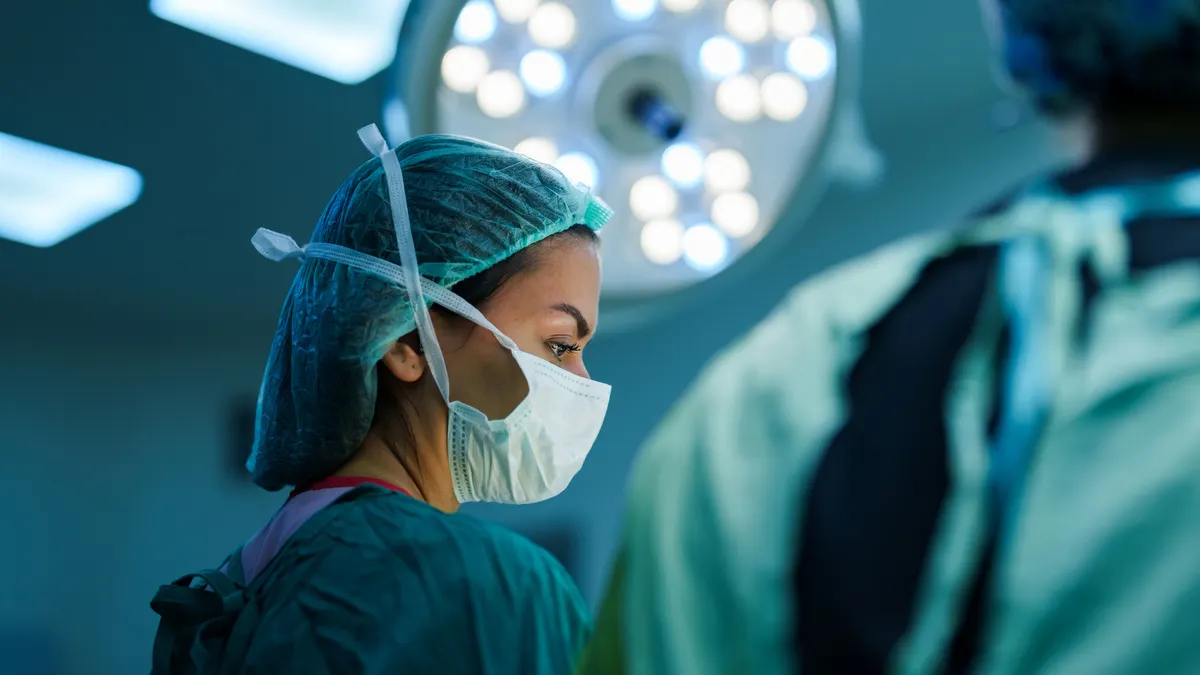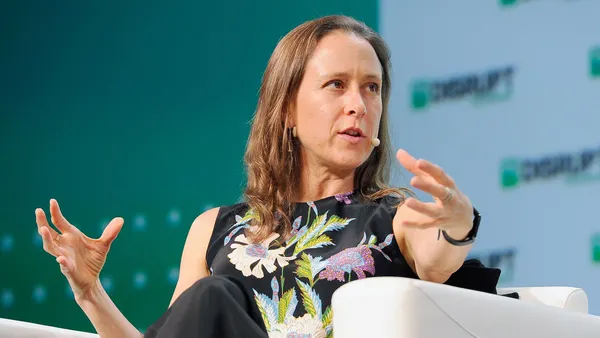A host of medtech industry priorities hoping to hitch a ride on a year-end spending package, including a repeal of the medical device tax, appear to face an uphill battle on Capitol Hill as lawmakers navigate impeachment proceedings and a crowded holiday legislative schedule.
Despite bipartisan support for repealing the medical device tax, the likelihood of legislation crossing the finish line is muddled, in part due to the cost of repealing the tax. The Congressional Budget Office and the Joint Committee on Taxation estimated in December 2018 eliminating the tax would cost $1.6 billion in 2020 and $2.2 billion in 2021.
Still, over the past few weeks, House Republican Whip Steve Scalise attempted to attach Rep. Ron Kind's, D-Wis., Protect Medical Innovation Act of 2019, which would permanently repeal the tax, to other pieces of legislation. Kind's bill currently has 256 bipartisan cosponsors.
The device lobby argues the primary obstacle is not the revenue the government would no longer collect, but a compressed year-end legislative agenda and impeachment proceedings against President Donald Trump.
"The X factor in this that hasn't been seen in the history of the device tax is impeachment," AdvaMed Chief Advocacy Officer Greg Crist said. "It is a major wildcard. Any elected official will tell you that. It is crowding out a lot of competing priorities. That isn't a judgment on impeachment, it is just a reflection of legislative reality."
AdvaMed is organizing a fly-in of CEOs to press lawmakers on Capitol Hill on Thursday to try to convince lawmakers to include the legislation in a year-end package, according to Crist. The trade group is touting a recent Tax Foundation report that estimated a decline of 21,390 jobs in the device industry and an approximately $1.7 billion hit to GDP.
"All estimates must deal with some inherent uncertainties. The impact on the industry is dependent, first, on the medical device companies' decision-making and second, their ability to pass on costs to the buyers of medical devices," the report by the conservative leaning group states.
The last time the medical device tax was set to go into effect at the start of 2018, Congress did not pass a delay or repeal by the end of 2017. Instead, on Jan. 22, 2018, a two-year delay of the tax was signed into law, retroactive to the beginning of the year.
Despite the obstacles, some observers expect the tax to ultimately be delayed.
"I'm pretty confident that the medical device tax will not come back. If they don't make the end of the year deadline, they will do it in the New Year and be retroactive to Jan. 1," Cowen Washington Research Group's Eric Assaraf told MedTech Dive.
The American Association for Homecare is also pressing lawmakers to include a variety of legislation in omnibus legislation, including a bill that would instruct CMS to exclude non-invasive ventilators from its competitive bidding program.
In a recent letter to its members, AAHomecare said it is "uncertain" if the year-end budget deal "will provide significant opportunities to include provisions from other legislation pending before Congress, including language from bills supported from the HME community."
Industry has also been pressing Congress to pass the Laboratory Access for Beneficiaries (LAB) Act, which would delay Protecting Access to Medicare Act data reporting by clinical laboratories until 2021. The American Clinical Laboratory Association argues such a delay would allow more labs to submit private market data, resulting in a more accurate picture of the marketplace.
"We remain optimistic that the LAB Act will be included in one of the year-end legislative packages," ACLA President Julie Khani told MedTech Dive. "It's a low score piece of legislation, and there's a growing understanding in Congress that they need to act quickly."
Last week, ACLA alongside other major stakeholders including AdvaMedDx and the Infectious Diseases Society of America wrote to congressional leadership on both sides of the aisle to include the bill in the year-end legislative package.
"Laboratories serving seniors in nursing homes — as well as the one in four seniors living in rural communities — disproportionately bear the brunt of cuts to clinical lab services," they wrote.
Current government funding is set to run out on Dec. 20. It is unclear if appropriators will be able to pass omnibus legislation to fund the government through 2020, or if a short-term continuing resolution through the beginning of 2020 will take shape.






